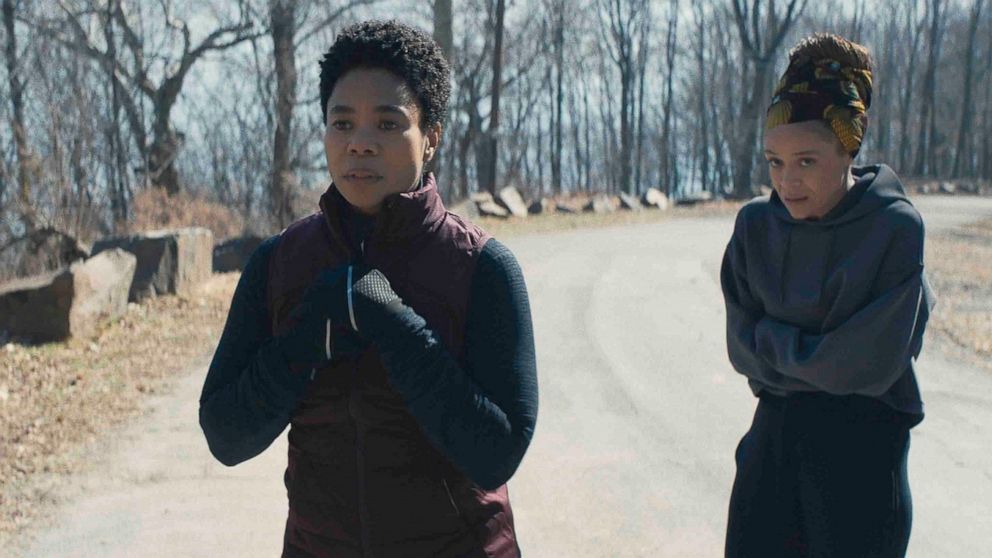
Review: America’s racist past haunts horror film ‘Master’
ABC News
Yes, there are ghosts in “Master,” Mariama Diallo's compelling debut horror film about an overwhelmingly white New England college where three Black woman are trying to find their place
You want ghosts? Check. How about doors inexplicably opening and closing, creepy moaning in dark corners, and sudden sickening swarms of maggots? Check, check and check.
But “Master,” a new horror film by Mariama Diallo with themes of race and social justice at its core, is most frightening when dealing not with the supernatural, but with the real — the depressingly real, as in the indignities that three Black women face while trying to fit into an overwhelmingly white academic institution.
Diallo, who proves a talent to watch with this compelling if overpacked debut film, has said that “Master,” featuring a trio of terrific performances from Regina Hall, Zoe Renee and Amber Gray, stems partly from her own experiences as a Black student at Yale. The title, for example: It refers to the heads of residential colleges at Yale, called “masters” until the school finally dropped the term in 2016. Diallo realized only a few years after graduating how strange it was that she called a white man “master.”
But in her film, it is a Black woman, faculty member Gail Bishop, who has achieved the honor — the first Black “master” at Ancaster College, an elite school in Salem, Massachusetts, home of course to the historic witch trials. (The imposing 19th-century campus of Vassar College in New York, with its Gothic-style library, serves nicely here.) Portraits of masters past line the walls, but now Gail – impeccably played by Hall in a poignant, sometimes heartbreaking performance — is having her own portrait painted. Even at Ancaster, a school so elite that it rejected FDR when he applied, change is in the air.
